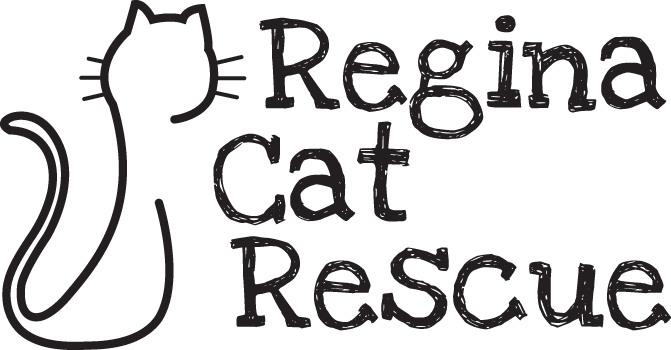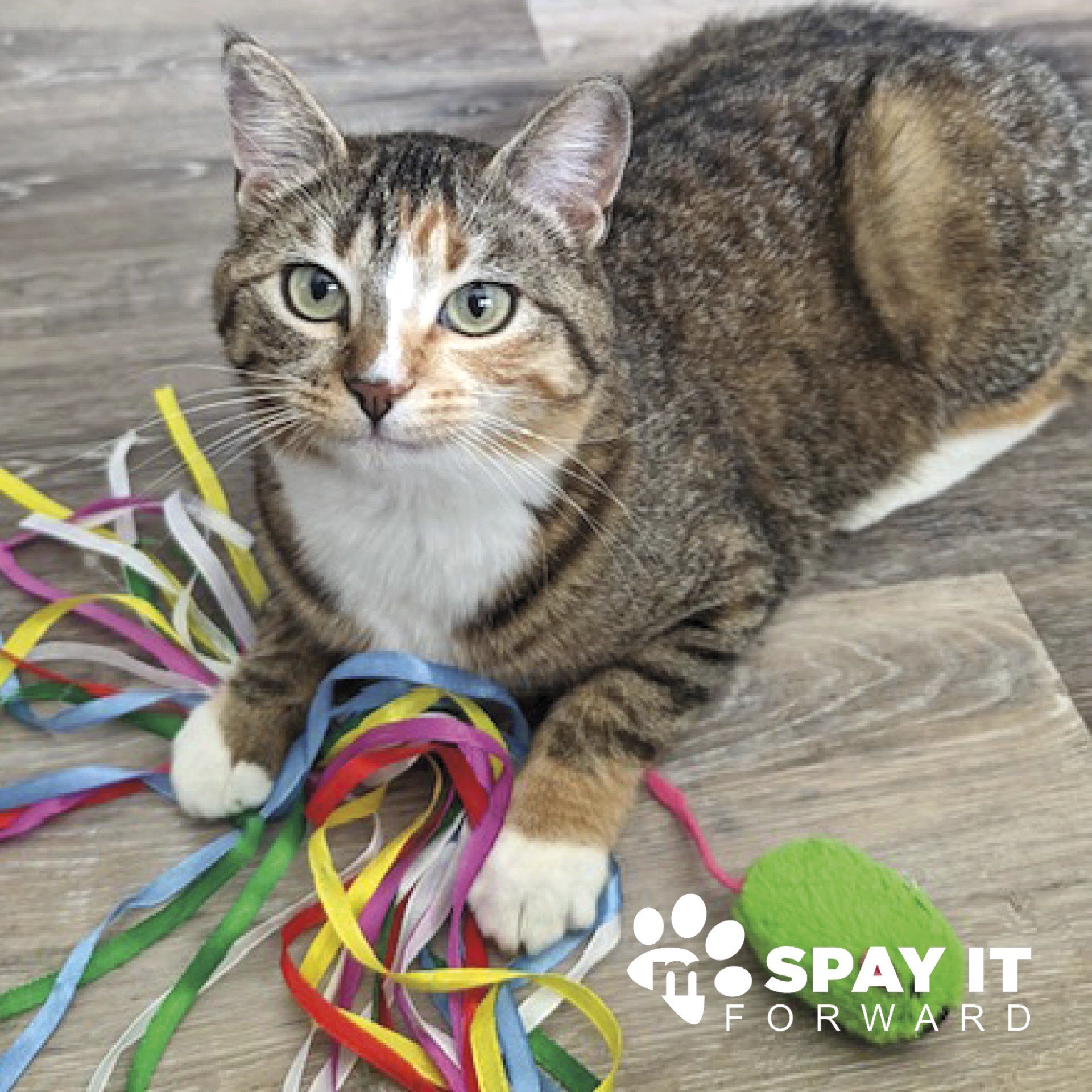Responsible Cat Guardianship
We want every cat we rescue - and those we don’t - to have the best shot possible at a long, happy and healthy life. There’s only one person who can make that happen — you! As a responsible cat guardian here’s six things you can do to help your cat live their best life:
Provide love and kindness. This could be snuggling, stroking or petting your cat. You could learn your cat’s body language — what are his tail, ears and body telling you? You can use this information to know when he wants space, where he wants pets and more. And don’t forget grooming! Spend some time brushing your cat too.
Provide good quality food and water. A bad diet can lead to health issues. Be sure to give your cat lots of wet food, not just dry kibble. A good idea is to use wet food as the main meals for your cat and keep the kibble for an occasional treat. This is especially important for male cats who are at increased risk of developing a urinary obstruction when they are dehydrated (caused by an all kibble diet). Cats also do better on a higher protein, low carb diet. So look for a food with a break down of 50-60 per cent protein, 30-40 percent fat and less than 10 per cent carbohydrates.
Catify your space. In a truly catified world, your cat would be able to circumvent an entire room without touching the floor. So add some perches, towers and other options for your cat to climb and jump. Create a space by the window for your cat to watch the birds, squirrels and the world go by. Scratchers are also a must and be sure to include a nice cozy area for rest and relaxation!
Sterilize your cat. Spaying and neutering lowers the chance of reproductive health problems. Studies show that spayed/neutered pets, on average, live longer. Plus, there’s a serious cat overpopulation crisis in North American with millions of unwanted kittens born each year and most of those being killed in shelters. Don’t let your cat contribute to this crisis.
Provide annual check ups. Cats need routine vet care to make sure they’re protected against preventable illnesses. Regular visits will also allow your vet to examine your cat for the subtle signs of disease. This is especially important for cats, since they’re masters at hiding illness!
Keep your cat indoors or outdoors on a harness/leash or in a catio. There are many dangers outside for free-roaming cats and many benefits to keeping them inside, like:
Indoor cats are less likely to catch illness or disease like Feline Leukemia, Feline Infectious Peritonitis, Feline Distemper, Feline Immunodeficiency Virus and zoonotic diseases.
Indoor cats don’t get lost.
Indoor cats don’t get stolen.
Indoors cats don’t get hit by cars.
Indoor cats aren’t poisoned, hurt or killed by cruel people.
Indoor cats are safe from coyotes, dogs, birds of prey and other animals.
Indoor cats don’t annoy your neighbours who may not appreciate a cat in their yard or flower bed.
Indoor cats don’t kill birds.
Indoor cats don’t get in fights with other cats result in injuries.
Indoor cats don’t get lost in a storm or freeze in the winter.










